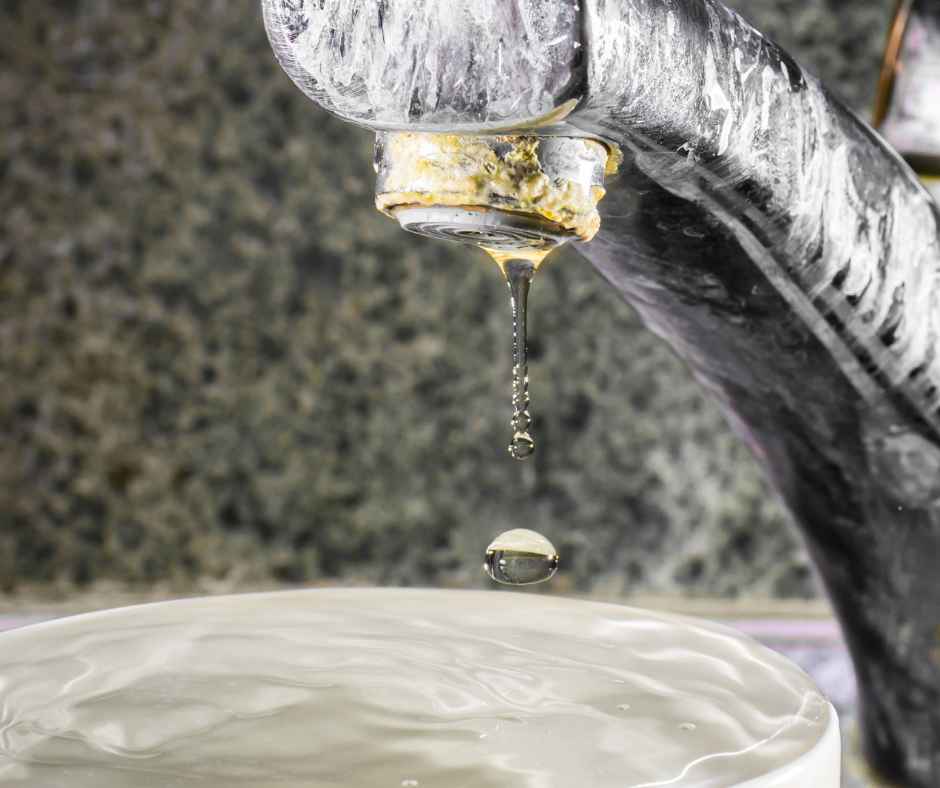Serving Douglas County & The Surrounding Areas
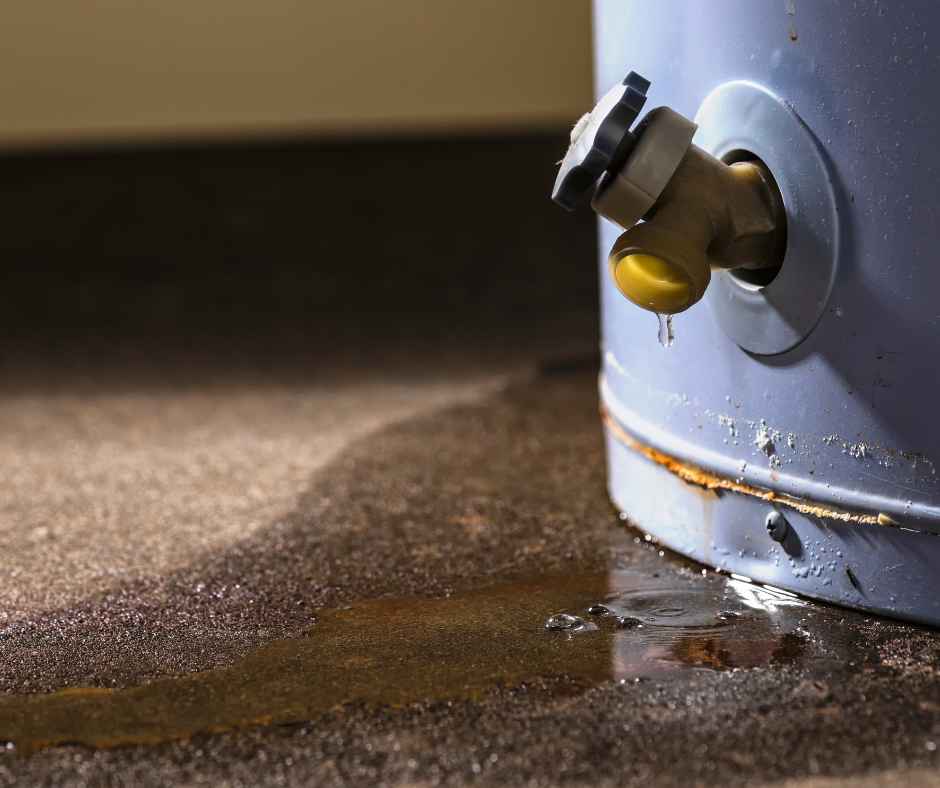
Is A Leaking Water Heater Dangerous?
A leaking water heater is more than an inconvenience. It can disrupt your daily routine, drive up utility costs, and even lead to severe safety hazards. Homeowners often ask, “Is a leaking water heater dangerous?” The short answer is yes—it can be. Depending on the severity and location of the leak, the risks range from minor water damage to significant property harm and even personal injury. This guide dives into why water heaters leak, the dangers involved, and the best ways to address a leaking water heater.
Why Is My Water Heater Leaking?
Understanding why a hot water heater leaks can help you assess the urgency of the situation. Several factors might lead to a leak, with some more serious than others:
- Corrosion and Rust: Over time, water heaters may develop corrosion in the tank, causing it to deteriorate and form small holes. When a water heater is corroded, it becomes more prone to leaks. In most cases, this is an indication that the heater is nearing the end of its lifespan.
- Loose Connections and Fittings: A water heater consists of various connections, from inlet and outlet pipes to valves and fittings. If any of these connections loosen over time, it can result in a slow, continuous leak.
- Pressure Buildup: If pressure inside the tank becomes too high—often due to thermostat issues or blocked relief valves—it can cause water to leak as a way to release that pressure. This type of leak is more dangerous and should be addressed immediately.
- Damage to the Tank or Components: Physical damage to the tank, whether from a manufacturing defect or a physical accident, can also cause leaks.
Is a Leaking Water Heater Dangerous?
Yes, a leaking water heater is dangerous for several reasons. Some of the dangers include:
- Water Damage: A leaking water heater can cause water damage to floors, walls, and nearby appliances. This damage can be costly to repair and may even affect the structural integrity of your home.
- Mold Growth: A hot water heater leaking for an extended period can create a damp environment perfect for mold and mildew growth. Mold not only harms the structure of your home but can also have adverse effects on your health.
- Electrical Hazards: If water leaks near electrical outlets or wiring, it can cause short circuits, increasing the risk of fires or electrical shocks. In extreme cases, a water heater leak could even lead to electrocution.
- High Utility Bills: Water heater leaks often go unnoticed at first, causing water and energy to be wasted. This can lead to unexpectedly high water and energy bills.
Common Locations of Water Heater Leaks
Knowing where a water heater leak might occur can help you pinpoint the issue quickly. Let’s examine a few typical leak points:
- Water Heater Leaking from the Bottom: Leaks from the bottom of the tank are often due to condensation, corrosion, or a faulty drain valve. If you see water pooling around the base, check the drain valve to see if it’s fully closed. In some cases, this type of leak can be addressed easily, but it may also indicate more serious damage that requires professional attention.
- Water Heater Leaking from the Top: If you notice water dripping from the top of your water heater, the leak could be coming from inlet or outlet connections or even the temperature and pressure relief valve (T&P valve). While minor leaks in this area might be manageable with adjustments or replacements, persistent leaks often need expert repair.
- Tank Leaks: A water heater leaking directly from the tank itself often signals internal corrosion. Once corrosion sets into the tank, it usually cannot be reversed. In these cases, a complete water heater replacement may be the best solution.
What to Do If You Notice a Leaking Water Heater
If you spot a leaking water heater, acting quickly can help minimize damage. Here are steps you should take:
- Turn Off the Power and Water Supply: For safety, shut off the power to the water heater at the circuit breaker if it’s electric, or turn the gas off if it’s a gas heater. Locate the water shutoff valve near the tank and turn it off to prevent further leakage.
- Drain the Tank if Necessary: If the leak is severe, consider draining the tank to prevent further water damage. This is particularly important if you cannot get immediate professional help.
- Inspect for Visible Leaks: Try to locate where the water heater is leaking. This inspection can provide useful information when you contact a technician.
- Call for Professional Water Heater Repair: While minor leaks may be manageable, water heater repair should ultimately be handled by a trained professional. Delaying repairs can lead to increased repair costs and safety risks.
Preventative Measures to Avoid a Leaking Water Heater
Regular maintenance is key to extending your water heater’s life and preventing leaks. Here are a few tips:
- Flush the Tank Annually: Flushing the tank removes sediment buildup, which can contribute to corrosion and leaks.
- Inspect the Anode Rod: The anode rod is a vital part of your water heater as it helps prevent tank corrosion. Replacing it every few years can reduce the risk of a leaking water heater.
- Check Connections and Valves Regularly: Inspect all valves and connections every few months to ensure they are tight and free of rust or wear.
- Monitor Temperature Settings: Keeping the temperature below 120 degrees Fahrenheit can prevent pressure buildup, reducing the risk of leaks from the top or bottom of the tank.
When to Call for Water Heater Repair
A water heater leaking from the bottom or top is a sign that it’s time to consult a professional. Delaying water heater repair can lead to costly damages or even safety hazards in your home. While some leaks may appear minor, it’s often hard to know the full extent of the issue without a professional inspection. In cases where corrosion or significant damage is present, replacement may be the safest and most cost-effective option.
Contact Patriot Pros for Water Heater Repair in Castle Rock
If you notice any of the warning signs of a leaking water heater or suspect that your unit may need repairs, don’t wait. At Patriot Pros, we understand the importance of a reliable and safe water heater for your home. Our experienced team in Castle Rock can assess, repair, or replace your unit, ensuring peace of mind and long-term performance. Contact Patriot Pros today for all your water heater repair needs!
Recent News
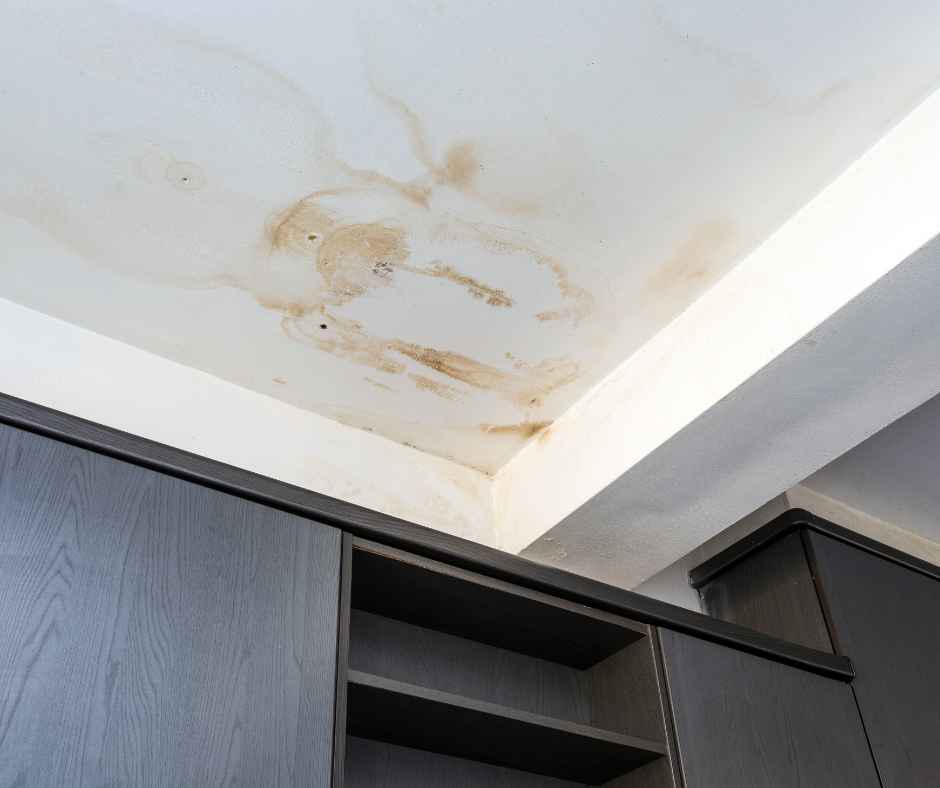
How to Spot a Hidden Water Leak in Your Colorado Home
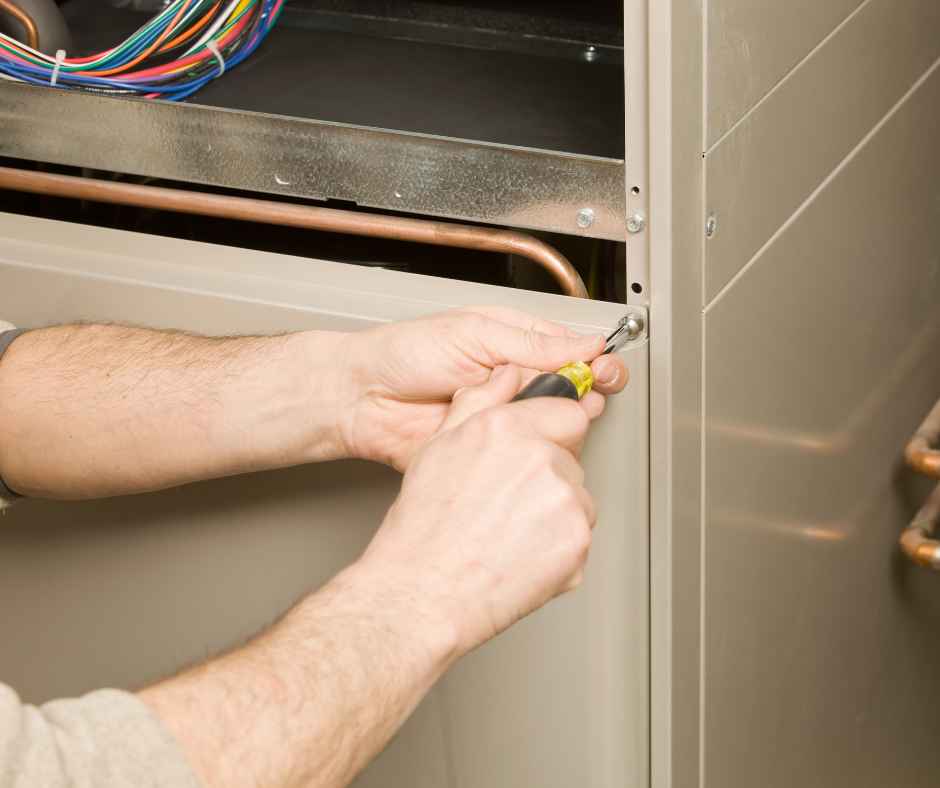
Navigating Colorado’s 2026 High-Efficiency Rules: What Front Range Homeowners Need to Know

Snow, Freeze & Thaw: How Colorado Winters Stress Your Plumbing
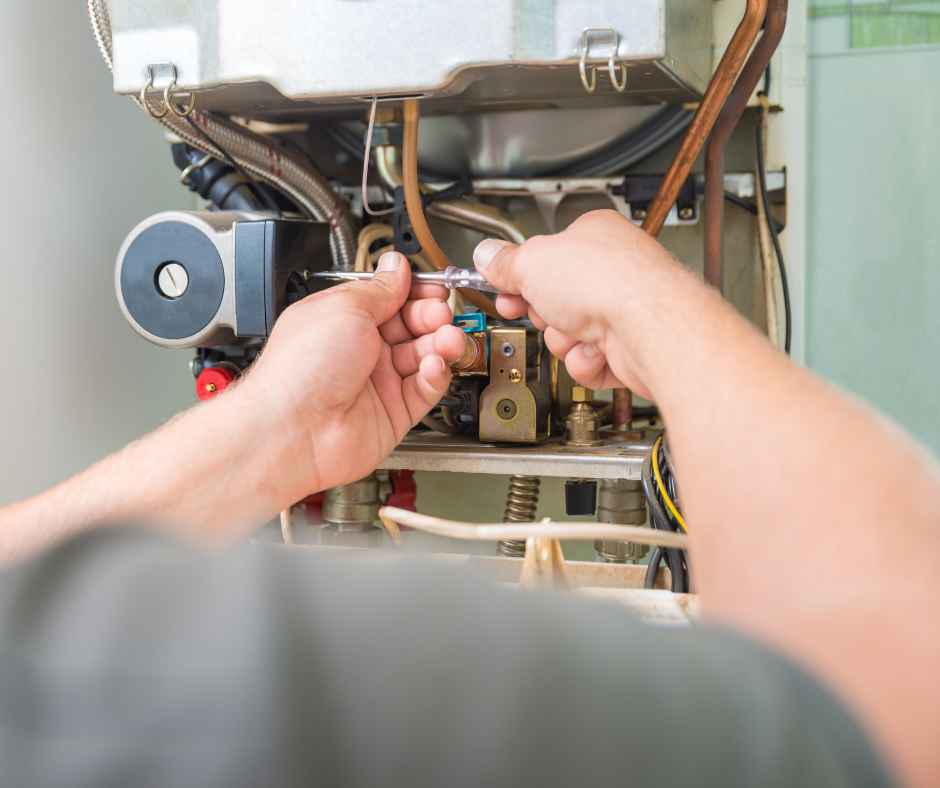
Emergency Heating Repairs: What to Do If Your Furnace Fails During a Colorado Snowstorm
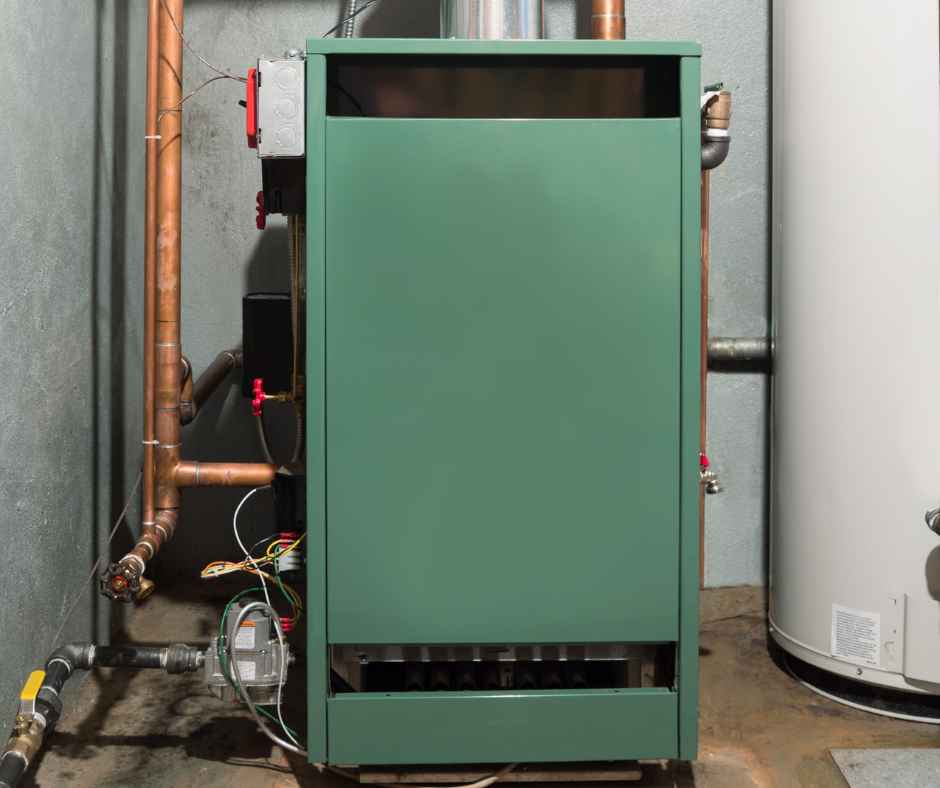
Comparing Heating Options for Colorado Homes: Furnace vs. Boiler vs. Heat Pump
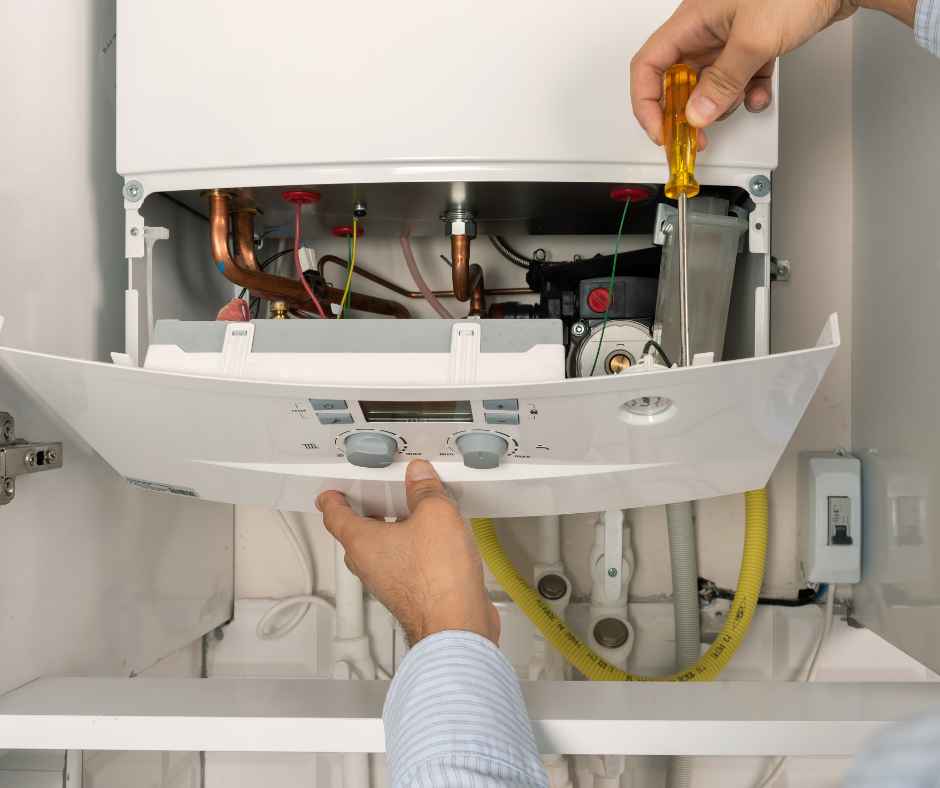
The Ultimate Fall & Winter Boiler & HVAC Maintenance Checklist for Castle Rock Homes
